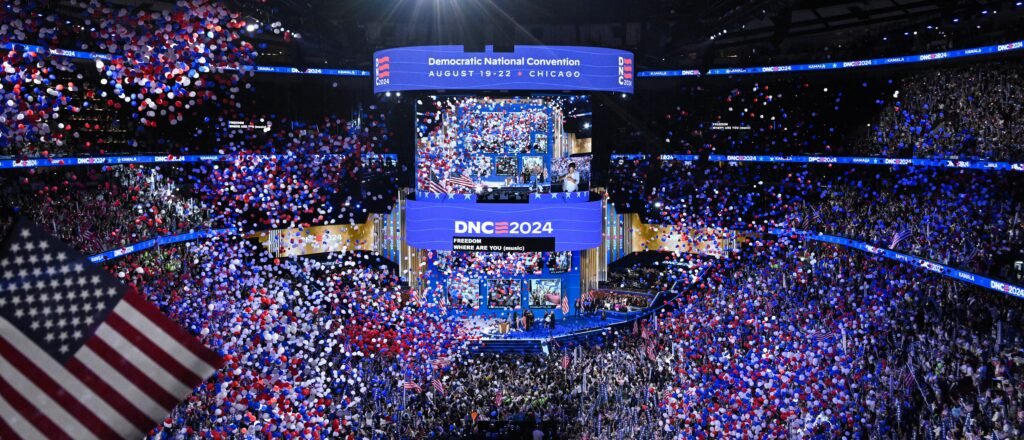The latest effort by the Democrats to craft a winning agenda for the 2028 presidential election might not pan out as planned. Former Arizona Democratic Chair Andrei Chernie has brought together a network of influential party members to launch “Project 2029,” designed to support the Democratic candidate in 2028, as reported by The New York Times. However, several analysts suggest that the initiative may struggle to regain the voters they lost in 2024.
Chernie mentioned in the NYT that former Vice President Kamala Harris acknowledged she lost her bid in 2024 because she spent too much time criticizing President Donald Trump instead of focusing on her own policies. She stated that attacking something “that has nothing” doesn’t work. There are parallels between Chernie’s project and the Heritage Foundation’s Project 2025—a plan outlining policies for future Republican leaders, and many Democrats have, in the past, aimed their energy at attacking Trump during the last election cycle.
Attempts to reach Chernie for comments were unsuccessful. Political commentator Adolf Mango referred to Project 2029 as a “great” concept but expressed doubt about its feasibility. He stated that the Democrats are fractured and that the far-left factions have weakened the party. For example, in New York City, Socialist Democrats are gaining ground, and a veteran Democratic mayor pivoted to another party. Longtime supporters, particularly among African American and Latino voters, are distancing themselves from the Democrats.
When asked if initiatives like Project 2029 could sway voters, Mango responded with a resounding “no.” He pointed out that for the last half-century, many promises made by Democrats have gone unfulfilled. Urban areas they’ve governed have faced issues like rising crime and unemployment.
Tom Basile, a contributor, echoed similar sentiments, noting that the Democratic Party struggles with communication and credibility—highlighting that their most prominent figures are more aligned with socialism, which many Americans find incompatible with their values. For instance, Bernie Sanders, who was a two-time candidate for the Democratic nomination, still collaborates with the party but doesn’t identify as a registered Democrat.
Following the surprising win by a socialist candidate in New York City’s mayoral primary in June 2024, some analysts warned that upcoming elections could force Democrats to lean even further left.
Amid these dynamics, Democrats have been working to revamp their messaging, especially in light of recent polls showing declining public confidence in their leadership. The Democratic National Committee is reportedly trying to strengthen its communication strategy and address a drop in donations this year.
Basile remarked that the primary issue lies in the Democrats lacking a reliable messenger. The party’s past alliances with socialist ideas have led to skepticism from voters regarding their future promises.
Several high-profile Democratic figures are rising nationally, hinting at potential runs for the 2028 election. Yet, many political strategists remain doubtful about whether these candidates can unify the party effectively.
Basile noted that for years, Democrats have emphasized agendas deemed radical, which has alienated many Americans. The strategies highlighting social issues seem to take precedence over concerns for economic safety; he sees this as a recurring theme that the party needs to reconsider moving forward.







